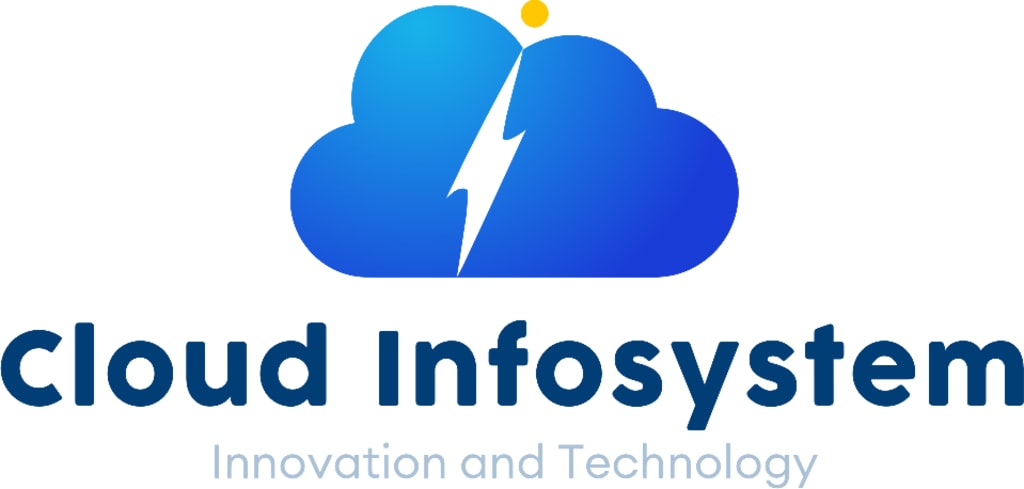Navigating the Migration Maze from Legacy to Cloud-based CRM
CRM Solutions

Introduction:
Migrating from a legacy CRM system to a modern cloud-based CRM is a strategic decision for organizations looking to leverage the advantages of cloud technology and enhance their customer relationship management capabilities. However, this transition comes with its own set of challenges that need to be carefully addressed to ensure a smooth and successful migration. In this article, we will explore the key challenges faced during CRM migration and provide effective solutions to overcome them.
I. Data Migration Complexity:
Challenge: Differences in data structures, formats, and quality between legacy and cloud-based CRMs can complicate the data transfer process.
Solution:
- Perform a comprehensive data analysis and cleansing before migration to ensure data accuracy and integrity.
- Utilize data mapping and transformation techniques to align the data from the legacy CRM to fit the new CRM's requirements.
- Implement data validation and verification processes to ensure a seamless transfer and minimize the risk of data loss or corruption.
II. Integration and Customization:
Challenge: Legacy CRMs often have custom features, integrations, and workflows that need to be replicated or replaced in the cloud-based CRM.
Solution:
- Identify the critical integrations and customizations required for your business processes early in the migration planning phase.
- Evaluate the capabilities of the cloud-based CRM solution and ensure it offers comparable features or supports integration with third-party applications.
- Collaborate with the CRM provider or development team to design and implement the necessary integrations and customizations in alignment with your business requirements.
III. User Adoption and Training:
Challenge: Users may resist change and struggle to adapt to the new CRM's interface and functionalities.
Solution:
- Involve key stakeholders and end-users in the migration process from the beginning to build understanding and support.
- Communicate the benefits and positive impact of the new CRM system to encourage user buy-in and excitement.
- Provide comprehensive training sessions and workshops to familiarize users with the new CRM's features and functionalities.
- Offer ongoing support and assistance during the transition period to address user queries and concerns.
IV. Security and Data Privacy:
Challenge: Security and data privacy concerns arise when migrating sensitive customer data to the cloud.
Solution:
- Conduct a thorough assessment of the cloud-based CRM provider's security measures, certifications, and compliance with industry standards.
- Implement robust encryption methods and access controls to protect customer data during transit and storage.
- Regularly monitor and audit security protocols to identify and address any vulnerabilities or risks.
V. Business Continuity:
Challenge: The migration process can disrupt normal business operations, resulting in downtime or interruptions.
Solution:
- Develop a comprehensive migration plan that outlines the sequence of activities, timeline, and potential risks.
- Conduct thorough testing and validation before going live with the new CRM to identify and resolve any issues or compatibility challenges.
- Consider implementing the migration in phases or during low-demand periods to minimize disruptions to day-to-day operations.
- Have a rollback plan in place to revert to the legacy CRM in case of unexpected problems or challenges during the migration process.
VI. Cost and Budget:
Challenge: Migrating to a cloud-based CRM involves various expenses, including licenses, infrastructure, data migration, training, and support.
Solution:
- Assess the total cost of ownership for the new CRM, considering upfront expenses as well as ongoing maintenance and subscription costs.
- Conduct a thorough cost-benefit analysis to understand the potential return on investment (ROI) of the migration.
- Explore different pricing models and CRM providers to find a cost-effective solution that aligns with your budget and business needs.
Conclusion:
Migrating from a legacy CRM system to a modern cloud-based CRM can unlock numerous benefits for organizations, but it also poses significant challenges. By addressing the complexities of data migration, integration, user adoption, security, business continuity, and cost considerations, organizations can navigate the migration process successfully. Effective planning, collaboration with stakeholders, and leveraging the expertise of CRM providers or development teams are crucial for a seamless transition. A well-executed CRM migration enables organizations to harness the power of cloud technology and enhance their customer relationship management capabilities, leading to improved efficiency, productivity, and customer satisfaction.
For Free CRM Consultation:
Call Us Today at: +91 98152 01602
Visit: Zoho CRM Help|Salesforce CRM|CRM customization Service
Mail To: [email protected]





Comments
There are no comments for this story
Be the first to respond and start the conversation.